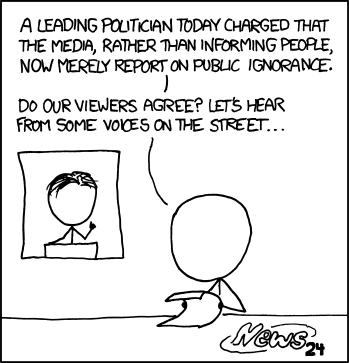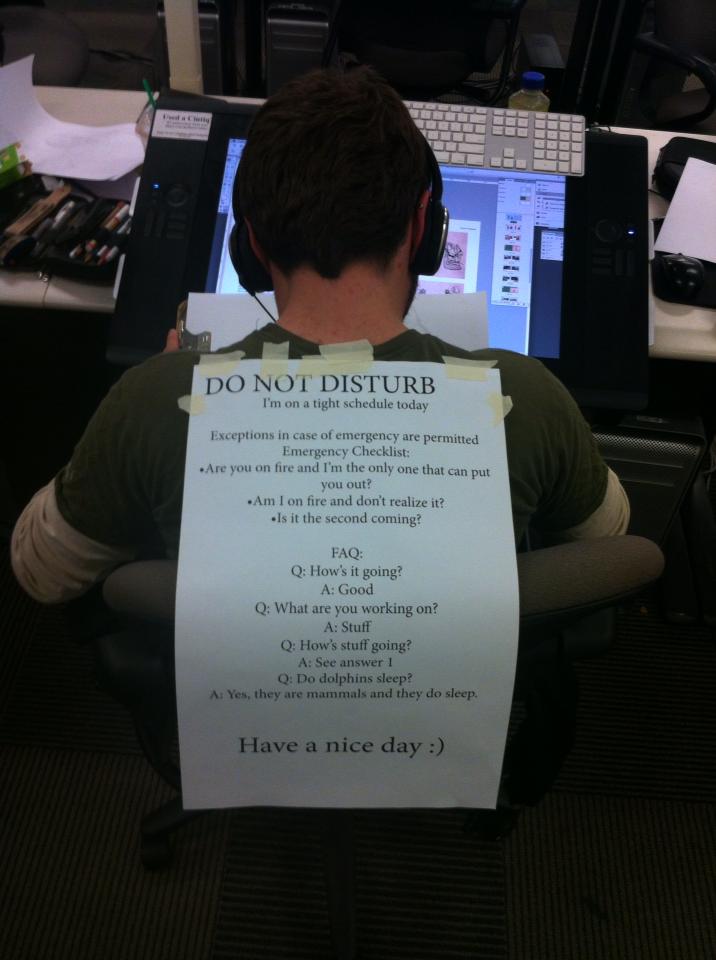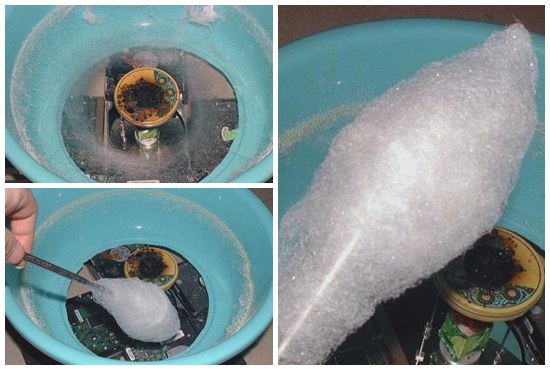Respecting Hakkarainen’s Law of Great Events, this may be a good time not to read too much of what other people are posting on the Intertubes. Lots of people, including people I like, are saying things for, against, and “I was for it before I was against” last week’s events in Boston. Much of what I’ve seen has been disappointing, both in what’s been said and by whom it was said.
I certainly don’t need to add to that pool of unhelpful commentary. (Ref. the corollary to HLGE.)
Published on the Friday before the world of Boston went a-scramble, this Guardian (UK) article shows that reading news is toxic to our minds and bodies. Among other things,
News inhibits thinking. Thinking requires concentration. Concentration requires uninterrupted time. News pieces are specifically engineered to interrupt you. They are like viruses that steal attention for their own purposes. News makes us shallow thinkers.
An Elvis impersonator sends ricin-laden envelopes to the President and members of the Senate.
 |
| via Google Trends on 4/22/13 |
The lethal mail doesn’t even outpace news queries about the Kardashians. We’re dealing with a news wave that’s too big to ride, let alone analyze with any coherence.













